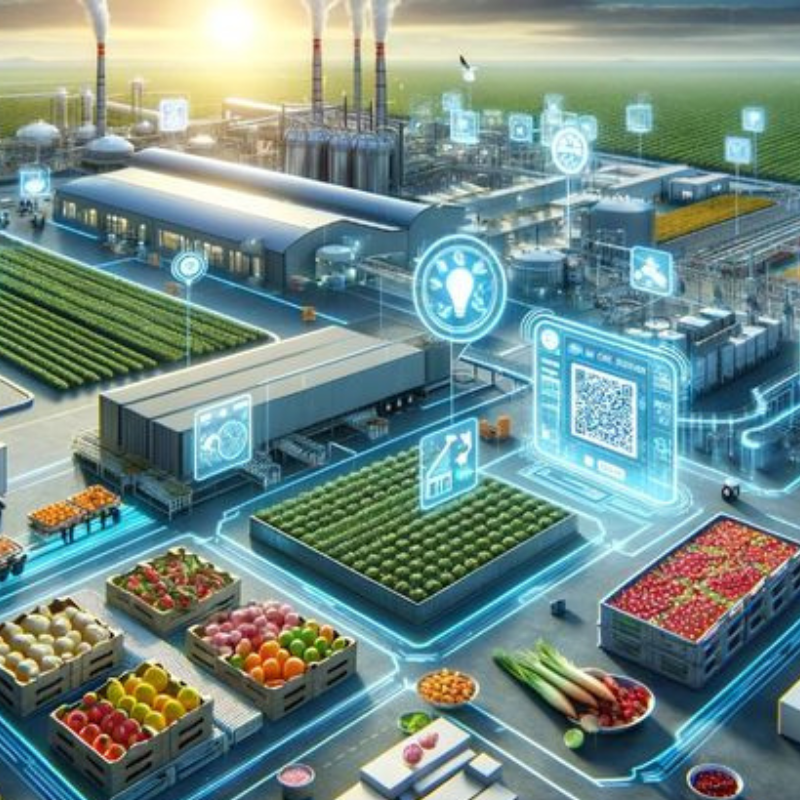Introduction:
The food industry has always been a dynamic sector, constantly evolving to meet consumer demands. In recent years, technology has played a pivotal role in reshaping how food is produced, distributed, and consumed. From innovative farming techniques to digital restaurant management, technology is revolutionizing the entire food ecosystem. In this blog, we’ll explore how various technological advancements are transforming the food industry and the impact they have on businesses and consumers.
1. Agricultural Technology: Precision Farming
Farmers are increasingly relying on technology to enhance crop yields and ensure sustainability. Precision farming uses data from GPS, sensors, and drones to monitor soil health, predict crop growth, and reduce water and pesticide usage. This not only boosts productivity but also makes farming more environmentally friendly.
2. Automation in Food Processing
Automation is streamlining food processing plants, leading to faster production and higher efficiency. Robotic systems are now used to handle repetitive tasks such as packaging, sorting, and even cooking in some cases. This has reduced human error, minimized costs, and improved product consistency.
3. Digital Transformation in Restaurants
The restaurant industry has embraced digital solutions like online ordering, delivery platforms, and contactless payment systems. Additionally, smart kitchens equipped with AI and IoT technology help chefs monitor cooking times, ingredient stock, and energy usage, improving both efficiency and food quality.
4. Blockchain for Food Transparency
Blockchain technology is being used to ensure food traceability, helping consumers know the origin of their food. By securely recording every step of the supply chain, from farm to table, blockchain promotes transparency and builds trust between producers and consumers.
Conclusion:
Technology has brought about a profound transformation in the food industry. From smarter farming to digital food services, it has revolutionized how we produce, process, and consume food. As these innovations continue to evolve, the future of food will be more sustainable, efficient, and accessible than ever before.





